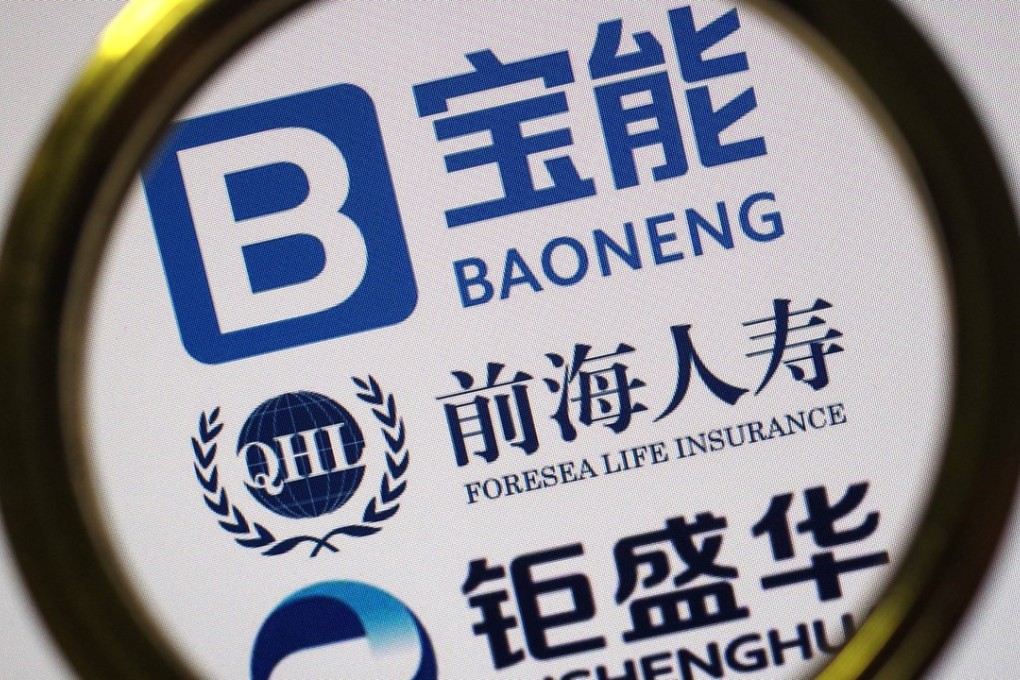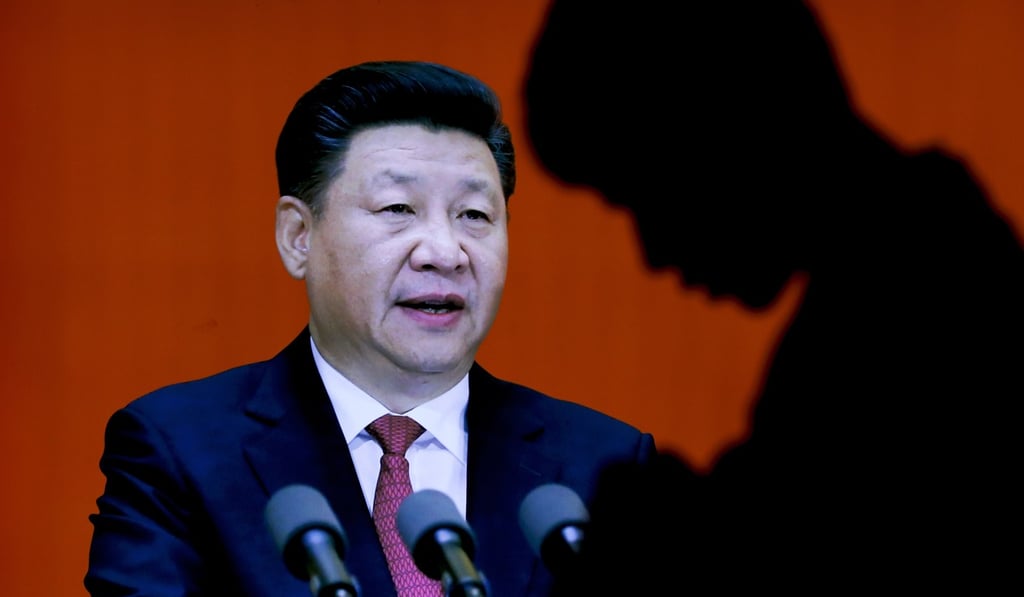Private Chinese insurer follows failed Vanke takeover bid with plan to set up Communist Party committee
Baoneng Group’s Foresea Life Insurance unit will set up a party committee to ‘improve corporate development capabilities’ in wake of failed takeover effort

A Chinese private insurance firm which lost a high-profile takeover bid for China’s second biggest property developer and invited regulatory scrutiny about its own businesses, now plans to set up a Communist Party committee.
Shenzhen-based Foresea Life Insurance, the financial arm of Baoneng Group, is setting up a party committee to “improve corporate development capabilities”, the insurer’s vice chairman, Zhang Jinshun, was quoted in a company statement.
According to the statement, the decision to add an in-house party committee follows on instructions from last weekend’s national financial work conference at which President Xi Jinping urged the enhancing of the party’s leadership in “financial works”.

Xi has been trying to give the Leninist Communist Party, which has 89 million members, a more prominent role in China’s political and economic life since taking power five years ago.
At a conference last October, Xi said Communist Party organs must be the ultimate boss of the country’s state-owned enterprises, and he urged all businesses with state-owned stakes to set up party committees.